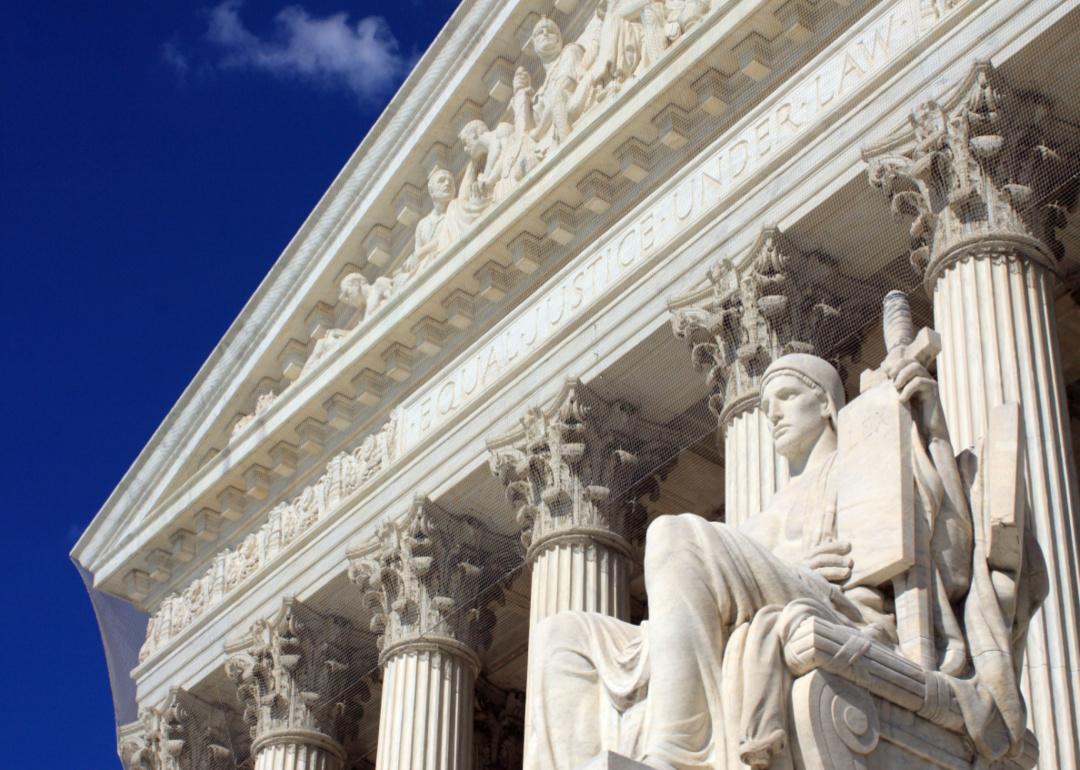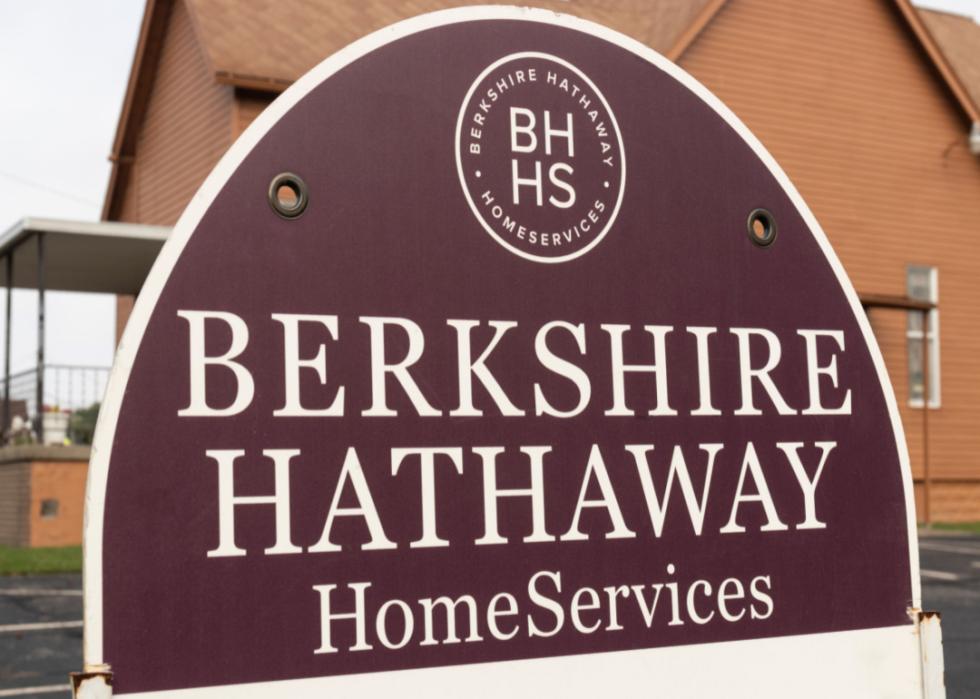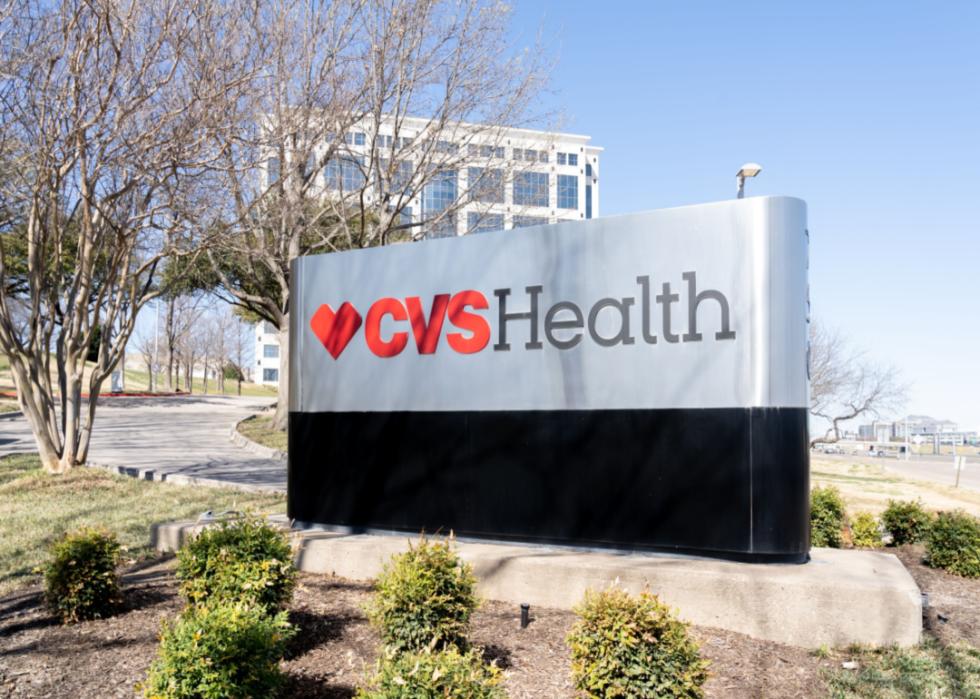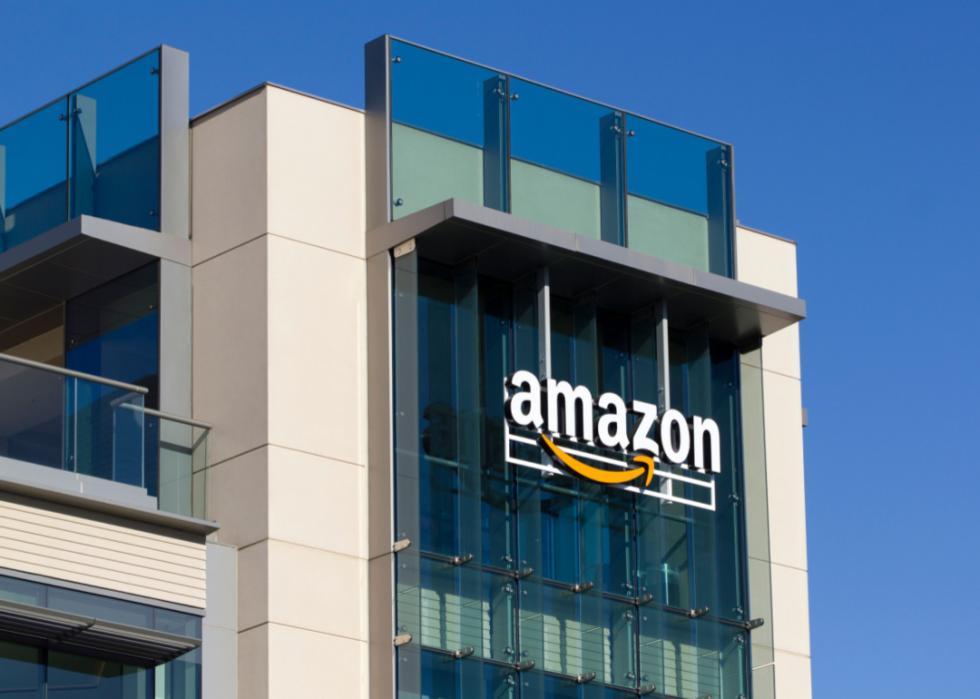
How the largest companies are reacting to the overturning of Roe v. Wade
How the largest companies are reacting to the overturning of Roe v. Wade
Since the Supreme Court ruling on the overturning of Roe v. Wade, many companies have responded, with some updating the health care packages they offer to their employees. Stacker looked into the top 10 companies on the Fortune 500 list—and several others—to see how they reacted.
Of the 10 biggest companies, only four have made a public or private statement that has made it to the media, while the other six have remained silent. Stacker used Google's Advanced Search options to compile the reactions that the 10 biggest companies in the United States have had after the Supreme Court ruling.
The list will be regularly updated as more reactions and statements are released.

#10. AmerisourceBergen
- Number of employees: 42,000
No public or private statement has made it to media outlets so far.

#9. McKesson
- Number of employees: 67,500
No public or private statement has made it to media outlets so far.

#8. Alphabet
- Number of employees: 156,500
The holding company that conglomerates Google and its subsidiaries has remained silent so far. But Google’s chief people officer Fiona Cicconi sent a staffwide email saying, among other things, that “employees can apply for relocation without justification.”
Alphabet Workers Union asked the company via Twitter to end financial support for conservative politicians who are “anti-reproductive justice and anti-worker,” adding that “abortion access is a labor issue.”

#7. Berkshire Hathaway
- Number of employees: 372,000
Berkshire Hathaway has not made any public statements on the issue so far—but several media outlets have covered the willingness of the company’s largest shareholder, Warren Buffett, to give away 99% of his wealth when he dies.
The family charity Susan Thompson Buffett Foundation, a major funder of abortion rights, might be receiving up to $100 billion from Buffett’s estate, as the Wall Street Journal first reported.

#6. Exxon Mobil
- Number of employees: 63,000
The natural gas company has not made a public statement so far.

#5. UnitedHealth Group
- Number of employees: 350,000
Minnesota-based managed health care and insurance corporation UnitedHealth Group was on the news for donating more than $100,000 to the Texas lawmakers that, once elected, sponsored the new abortion law.
“We are reviewing the court’s opinion now and will communicate more information as soon as possible,” the company said in a statement. “We remain committed to helping members and patients get access to their plan benefits and services.”

#4. CVS Health
- Number of employees: 258,000
CVS Health representatives said the health care company would make out-of-state medical care accessible for their employees, including abortion.

#3. Apple
- Number of employees: 154,000
The New York Times obtained a recording of a speech from Apple’s CEO Tim Cook during an employee-only discussion last year, where he said that the company would cover out-of-state abortion procedures for employees who need or desire it. Cook was asked about Apple’s policy in September 2021, after Texas passed a law restricting abortion.

#2. Amazon
- Number of employees: 1,608,000
When Politico published the leaked draft of the Supreme Court decision in May, Amazon reps told employees the company would cover $4,000 worth of travel costs for non-life-threatening medical services.
The issue that Amazon is dealing with is that gig workers and delivery drivers are not enrolled in the company health care plan and therefore cannot benefit from the coverage.

#1. Walmart
- Number of employees: 2,300,000
Walmart, which currently employs 1.6 million people in the U.S., has not made clear whether it will cover abortion costs for employees. A spokeswoman from the company said the company is now "looking at the evolving federal and state landscape" while considering offerings, according to The New York Times.
The company's worker advocacy group United for Respect, however, called on Walmart to expand its health care plan. The group claims that Walmart's current plan only covers abortions for workers whose lives are in danger.
Walmart has a history of donating to anti-abortion politicians in states with trigger laws.

Announcements from other companies
Many other companies have made announcements on their willingness to protect reproductive rights, such as JPMorgan Chase, Zillow, and Netflix. One of the organizations that has stood out since the beginning is the outdoor clothing retailer Patagonia. A spokesperson told Stacker that “abortion-related care services, like all health care services, are covered under our company-sponsored medical plans. We updated our health coverage in the fall of 2021 after the Texas law, SB 8, went into effect.”
“Caring for employees extends beyond basic health insurance, so we take a more holistic approach to coverage and support overall wellness to which every human has a right,” Patagonia announced on its LinkedIn page. “That means offering employees the dignity of access to reproductive health care.”
Patagonia also offers “training and bail for those who peacefully protest for reproductive justice,” as well as “resources to make informed decisions at the ballot box.”

Companies offering resources for abortion may also be toeing the line on several privacy issues
“Companies should be practicing data minimization and don’t retain data, as there is no real benefit and a lot of risk for a company to retain that data,” says Debbie Reynolds, a technologist and expert on data-driven projects who focuses on data privacy, data protection, and emerging technology issues. “There are ways that people can protect their privacy in some ways, using encrypted chats like Signal or encrypted email.”
Reynolds adds that some state laws may require the collection of law enforcement data and, therefore, the disclosure of information that may include collecting more data than they are prepared for.
For Rebecca Herold, CEO at The Privacy Professor consultancy and Privacy & Security Brainiacs SaaS services, the best solution privacy-wise would be to “offer travel and lodging as a wellness benefit.” She also thinks that “abortion clinics have established pretty strong protection on their data and who can access it.”
Ann LaFrance, former head of privacy at the law firm Squire Patton Boggs and teacher at UC Hastings, explained that most employers avoid collecting health care data by ensuring that their providers manage this. But that the protections of “the HIPAA— Health Insurance Portability and Accountability Act—legislation are not very broad, it protects only limited sets of personal health data. The problem is that where alleged violations of criminal statutes are involved, there are exemptions in HIPAA and other relevant privacy legislation where law enforcement agencies obtain warrants to access the data that’s held by these organizations.” Therefore, LaFrance says that there could be an issue with sites that you have been visiting, and apps that you are using. Because “ultimately, law enforcement can get access to any data that these service providers retain if there is probable cause of a violation and the criminal statute is constitutional under federal and state law.”
All three experts agree that there are still a lot of questions about how everything is going to work out. One of the main questions is whether or not travel bans will be constitutional. LaFrance also adds “there is a complex set of decisions that companies are going to have to make, and it will be very difficult for them to do so because the law will not be settled in this area for a long while.”
Finally, a spokesperson from Patagonia told Stacker that “employees are allowed to use their sick time at their discretion. There is no requirement or expectation that an employee discloses why they are taking sick or medical leave. All travel expenses and reimbursements are routed through our health plans, which ensures the highest-level confidentiality.”



